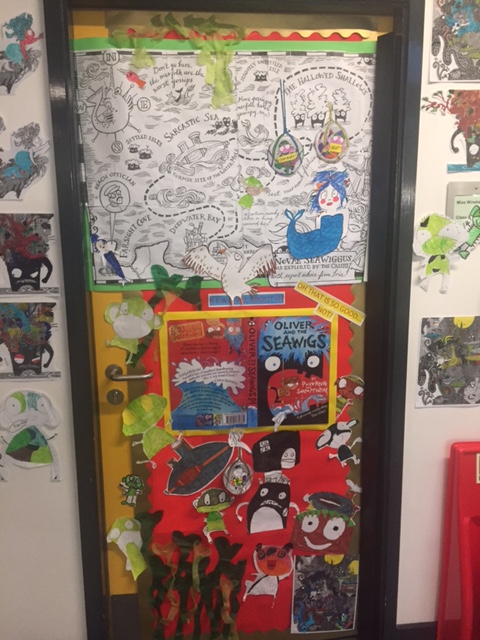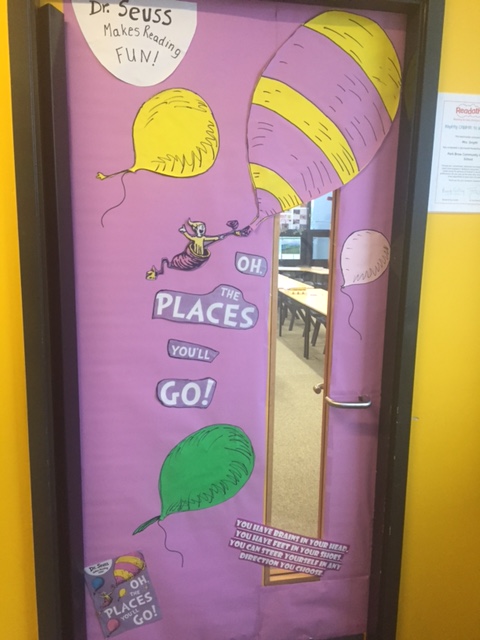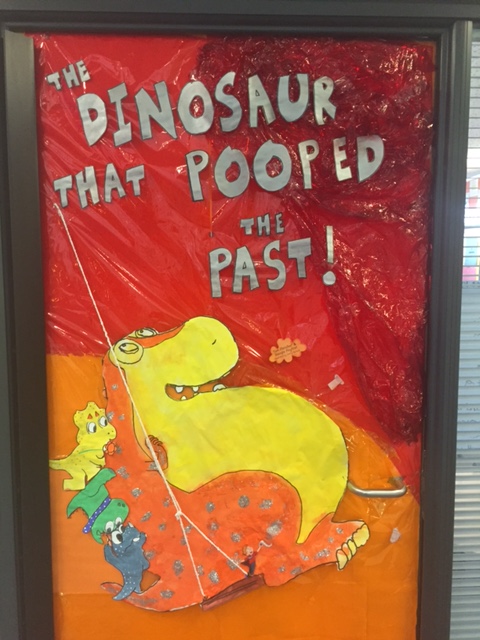English skills empower individuals to unlock their potential as independent lifelong learners. They have a significant impact on self-esteem, motivation and aspirations for the future. Being literate equips young people to be proactive in their own learning and to articulate their thoughts. In this way they grow in an understanding of themselves as individuals and as members of society.
English
Park Brow Community Primary School has a clear, consistent, whole school approach to the teaching and learning of English. Competence in reading is the key to independent learning and is given the highest priority, enabling the children to become enthusiastic, independent and reflective readers. Success in reading has a direct effect upon progress in all other areas of the curriculum.
Along with reading, writing is a major part of the curriculum and makes a significant contribution to the development of children as thinkers and learners.
Writing involves a set of complex skills that will not develop without structured teaching and practice. In Park Brow Community Primary School we are using a range of resources and initiatives to promote a child centred approach for writing. This works alongside our core targets of spelling, grammar and punctuation and speaking and listening. We value writing and work hard to achieve high standards from all children, within a positive writing ethos.
At Park Brow we teach phonics using Supersonic Phonics Friends, a DFE validated scheme. Phonics lessons are taught daily for approximately 20 minutes from Nursery to Year 2. Our phonics teaching aims to build children’s speaking and listening skills as well as preparing them for learning to read by developing their phonic knowledge and skills. The programme is detailed and systematic with the aim of having children be fluent readers by age 7.
World Book Day
Park Brow had a fantastic day celebrating World Book Day. We dressed up as our favourite characters from different books including old and new. We designed and created decorations for our classroom doors to represent our favourite books. We had a special visitor come to our school to share some spooky stories with all of us.
In reading Park Brow Primary School Aims To:
- Progressively develop children’s abilities to read words (decoding) as well as their abilities to read for understanding (reading comprehension) to ensure that they emerge as fluent, capable and full rounded readers
- Provide the children with the skills and strategies to develop their reading
- Enable children to develop their skills in reading for understanding including inference and deduction.
- Encourage the enjoyment of books and reading so that the children develop a life-long love of books
- Develop a critical appreciation of what they read
- Ensure that children regularly access and become fluent in reading a wide range of fiction and non-fiction texts
- Develop research skills, using library and class texts, in conjunction with the ICT system
- Enable children to become informed and discerning users of the internet as an integral facet of their English research skills
- Develop a critical appreciation of the work of authors, poets and illustrators in order to emulate these skills in their own writing
- Encourage care and ownership of books
At Park Brow we use a colour band system which includes books by Oxford Reading Tree, Bug Club and Dandelion Readers. Our book bands are also in a phonetic order to help those children who are following our reading scheme.
In Writing Park Brow Primary School Aims To:
- Have a positive writing ethos throughout the school so that pupils develop confidence and pleasure in writing
- Teach writing through a structured programme with agreed targets and lesson aims which are taught from years 1 to 6.
- Teach writing in a structured way to ensure progression, continuity and consistency.
- Link planning, teaching and assessment in every writing lesson in order to raise levels of attainment/achievement in writing throughout the school.
- Teach spelling patterns and common exception words in line with the national curriculum.
- Use grammar and punctuation to make writing clear, concise and accurate.
- Develop a cursive, neat handwriting script for written work.







